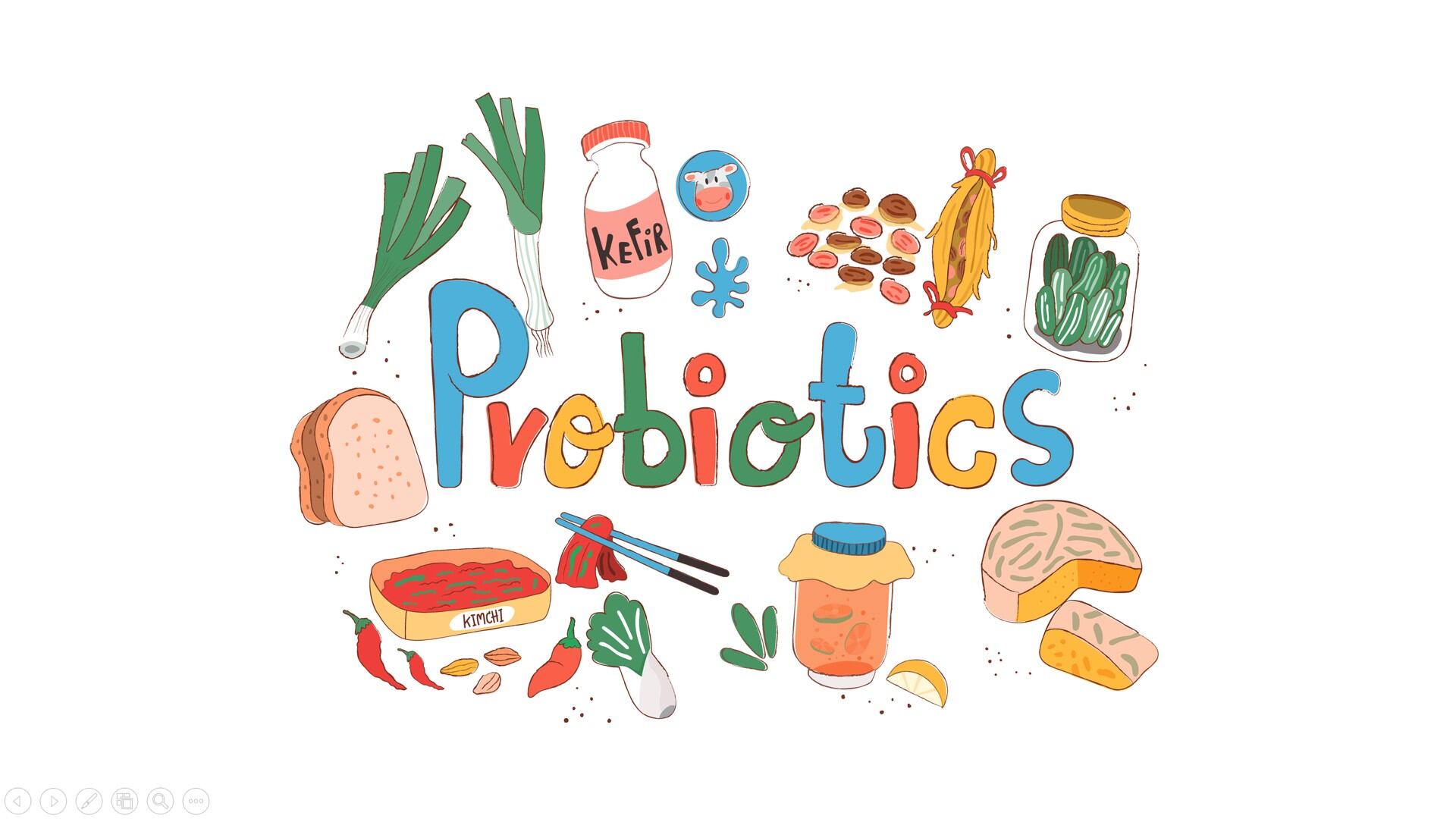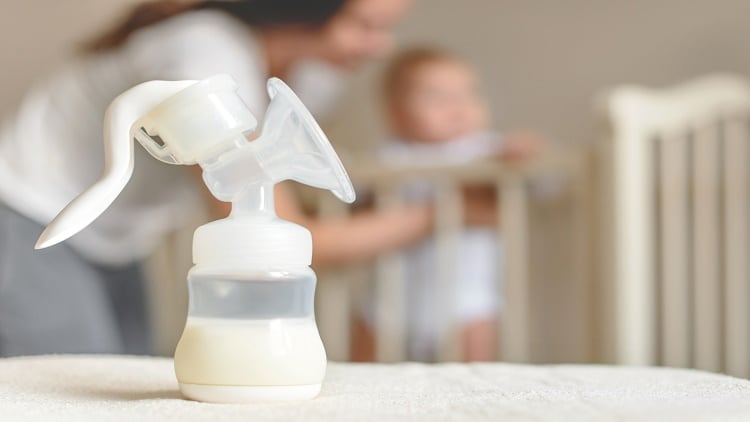Increasing the bioavailability of active ingredients is one of the key challenges for dietary supplement manufacturers, especially in the case of probiotics, as it is easily affected by pH levels.
To address this challenge, FANCL has developed its first technology for encapsulating probiotics and protecting it from the stomach acid.
“Since bifidobacterium is easily killed by strong acid at around pH 1-2 within 15 minutes, it was a big challenge to deliver viable bifidobacterium to the intestines. Our technology is aimed at protecting bifidobacterium from gastric acid,” Dr Kota Nakagawa, manager of formulation technology group at the company’s research institute told NutraIngredients-Asia.
There are three components to the encapsulation technology, namely using an acid resistant capsule and also adding oil and a neutraliser as part of the capsule’s content.
Nakagawa explained that adding oil inside the capsule can inhibit gastric juice penetration through capsule film, while the neutraliser keeps the capsule contents’ pH neutral even after coming into contact with gastric juice.
He added that after the acid resistant capsule reaches the intestine, it will then melt, allowing the release of bifidobacterium.
To prove the validity of the technology, the firm added its probiotics encapsulated with this technology into artificial gastric juice with a pH of 1.2.
It found that the probiotic product remained dry even after two hours, hence proving that the technology is effectively acid-resistant.
The technology has been used in two of the company’s Foods with Function Claims (FFC) probiotics products, namely Kaityo Support – a product for promoting intestinal health; and Naishi Support – a product for reducing body fats and promoting weight loss.
Nakagawa added that the firm has made a patent application for the technology.
Clinical study
The firm also conducted a clinical study to determine the effectiveness of its probiotic product.
In the study of its weight loss probiotics, a total of 59 subjects were recruited, with 29 in the intervention group and 30 in the placebo group.
The results showed that after 24 weeks of ingestion, the average body weight of the intervention group was 1.1kg lighter than that of the placebo group.
Also, the average body fat percentage of the intervention group was 0.97% lesser than the placebo group.
Nakagawa added that bifidobacterium was detected in the stools of 79% of the subjects using quantitative real-time PCR.





